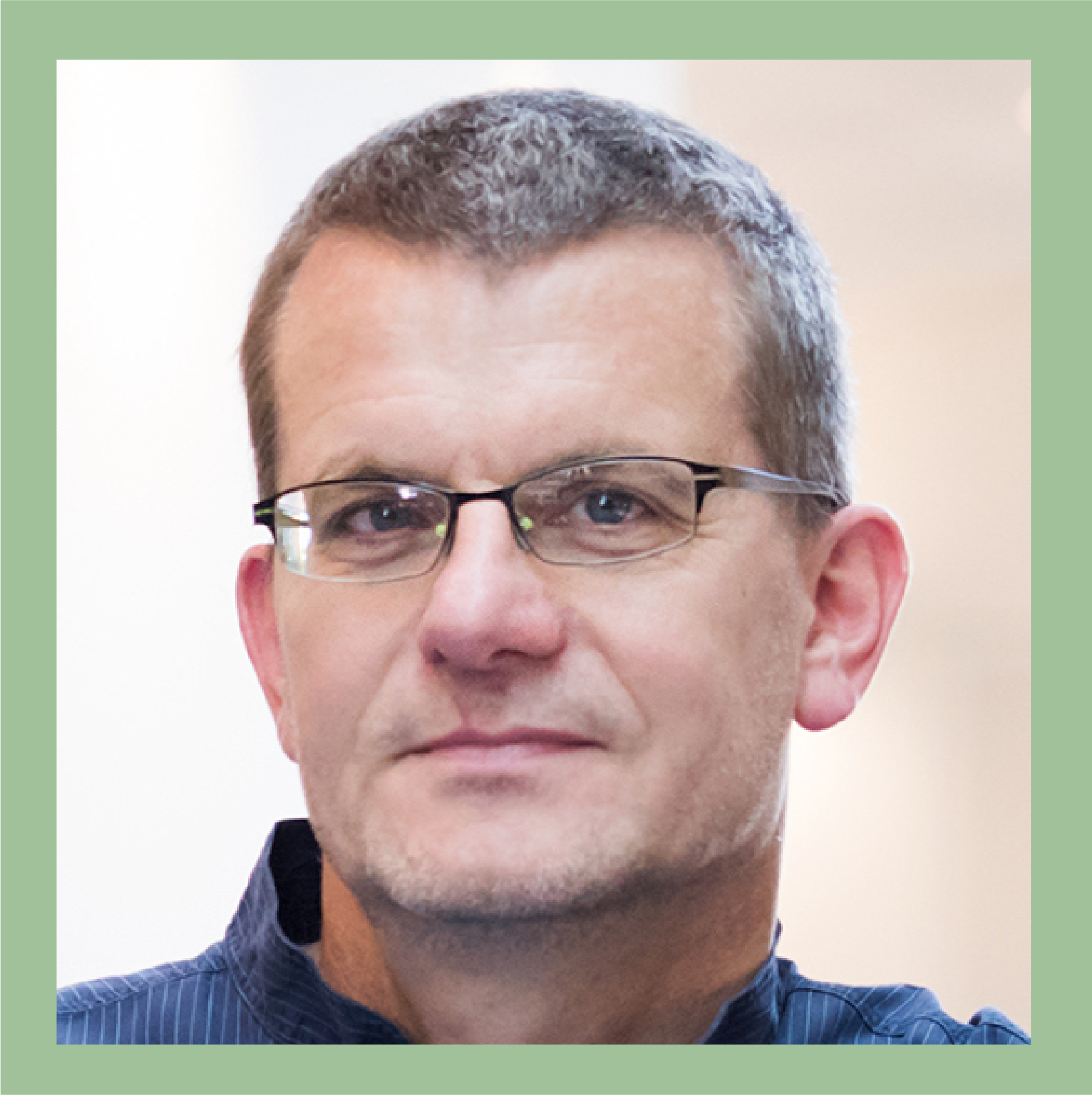12 to 12 Sep. 2024 - 12:00
Lung infections, interferons, macrophages: The good, the bad and the unexpected
Andreas Wack, PhD, Principal Group Leader, Immunoregulation Lab, The Francis Crick Institute
12 to 12 Sep. 2024 - 12:00
Andreas Wack, PhD, Principal Group Leader, Immunoregulation Lab, The Francis Crick Institute

Carlos Minutti, Principal Investigator, Champalimaud Research
Seminar room
The main function of the lung, that is oxygen supply to the organism through gas exchange at a permeable barrier, often clashes with the requirement to render this barrier impenetrable to harmful agents including pathogens. In addition, the need for uninterrupted oxygen supply means that inflammation has to be controlled to limit damage, and barrier repair must be timely and efficient. Therefore, pathogen control, degree of inflammation and barrier damage, and speed of repair, are important and often conflicting determinants of severity in lung infections. I will discuss two aspects of this fragile equilibrium: first, the immunoreactivity of tissue resident lung macrophages and how this is impacted for extended periods after lung insult, and second, the complex roles of interferons in lung infections. In line with the steady-state avoidance of inflammation in the lung, resident lung macrophages are relatively unresponsive to stimulus. When lung insults cause recruitment of immune cells, newly generated macrophages show higher immunoreactivity that however is slowly lost over residence time in the lung. Interferons, the prototypic antiviral cytokines, are induced upon viral sensing and trigger the establishment of an antiviral state in infected and neighbouring cells, thus contributing to virus elimination. They have however pleiotropic immunomodulatory and antiproliferative effects and can therefore contribute to disease severity if present at too high levels or too late in infection. We have dissected in vitro and in vivo the parameters for antiviral, immunomodulatory and antiproliferative effects of members of the interferon type I and type III families. Our findings have implications for timing and for the choice of interferon family members for antiviral therapy.
Andreas Wack studied in Konstanz and did his PhD at the NIMR in London Mill Hill. He then worked for Novartis Vaccines in Siena, Italy, on hepatitis C virus, the action of vaccine adjuvants, and on next generation influenza vaccines. In 2009 he returned to academia to investigate host responses to respiratory viral and bacterial infection, studying the biology of lung epithelia and endothelia; the action of type I and type III interferons in immunopathology, tissue damage and repair; and the long-term effects that acute infections have on lung immunity.
Register here.
Champalimaud Research (CR) Colloquia Series is a seminar programme organised by the Champalimaud Centre for the Unknown to promote the discussion about the most interesting and significant questions in neuroscience and physiology & cancer with appointed speakers by the CR Community.
